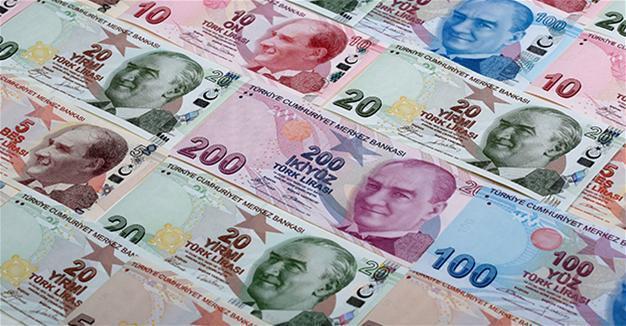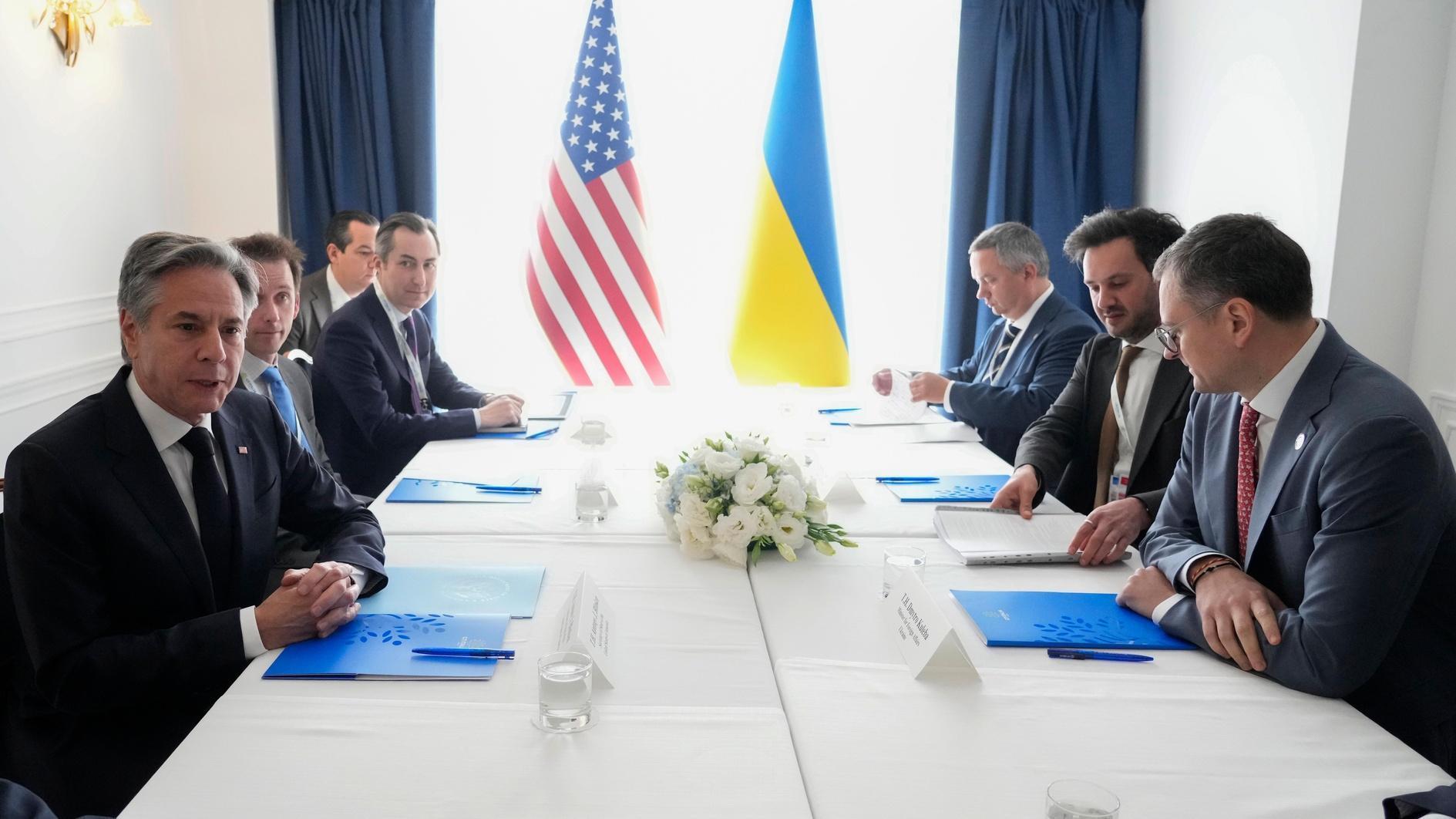Turkey may start to see weak lira’s impact in early 2017, but economic activity to matter: CB
ANKARA

REUTERS photo
The impact of a weak Turkish Lira on inflation will likely become visible by the first quarter of 2017, but the impact will mainly depend on the pace of economic activity, Central Bank Gov. Murat Çetinkaya said Dec. 6.At a news conference on the bank’s monetary and exchange rate policy for 2017, Çetinkaya said the impact of forex volatility on inflation had so far been limited but upward risks to prices had increased.
“We think that the recent lira volatility will have an impact on inflation starting in the first quarter of 2017,” he said.
“The risk of the forex rate impact driving us away from our expected and projected path in the first quarter is high,” he added.
The lira has plunged to record lows in recent weeks, mainly after the U.S. presidential elections and has been hit by both local and global factors.
“We can say that the impact of forex rates on prices will depend on domestic demand and the pace of economic activity in 2017. Here, the moderate outlook in both domestic demand and economic activity … we have been observing now may limit the expected upward trend in prices in the first quarter of 2017. While forex developments increase the inflation rate, a moderate improvement in economic activity, namely weaker growth, partly slashes this impact,” he said.
“For the monetary policy outlook, it will be important to see which impact dominates the other in the medium term,” he said.
Çetinkaya did not give a specific inflation target for the first quarter, but the Central Bank’s forecast for inflation next year is 6.5 percent. In November, annual inflation stood at 7 percent, below the bank’s 7.5 percent forecast for the end of the year.
The bank hiked rates last month for the first time in almost three years, but this has done little to ease the pain caused by the lira’s slide. The currency hit a low of 3.6 to the dollar last week and has only recovered slightly then, trading at around 3.51 on Dec. 6.
Rate decision dependent on inflation outlook
The bank’s rate decisions will remain dependent on the inflation outlook, Çetinkaya said, adding that the bank would use all policy tools to maintain price stability.
“We have succeeded in reaching our simplification targets. Our liquidity management is now quite reliable. We have not adopted a high frequency monetary policy. This was one of the main targets of the simplification move. This means that we have not changed our monetary policy stance,” he said, adding that the bank planned to fulfil all of its simplification targets.
He also noted that the Central Bank had not taken high frequency measures to support the lira, adding that the bank had rather adopted a cautious manner.
“We prefer adopting a cautious way of doing, rather than giving high frequency reactions. It is of importance for us to use the right policy tool at the right time for the right impact,” he added.
Çetinkaya noted that the Central Bank had no nominal target for the foreign exchange rate.
“However, sometimes, there are steep fluctuations in the markets. If these fluctuations have serious and permanent impacts over the essentials of the economy and, specifically, price stability, the Central Bank naturally would not be indifferent to these developments,” he said.
Çetinkaya also said the bank had supported some recent moves by authorities to use the local currency in foreign trade, local markets and public projects.
Asked whether the bank had enough net reserves, he said: “Yes. Besides, there is a rising trend we have seen in our net reserves.”
Çetinkaya also expected a rise in economic activity in the final quarter of this year and forecast that the contribution of exports to growth would increase in 2017, noting that some normalization in ties with Russia would help.
He saw an upside risk to the bank’s inflation forecast for this year, including from tax hikes on tobacco and other products.
















